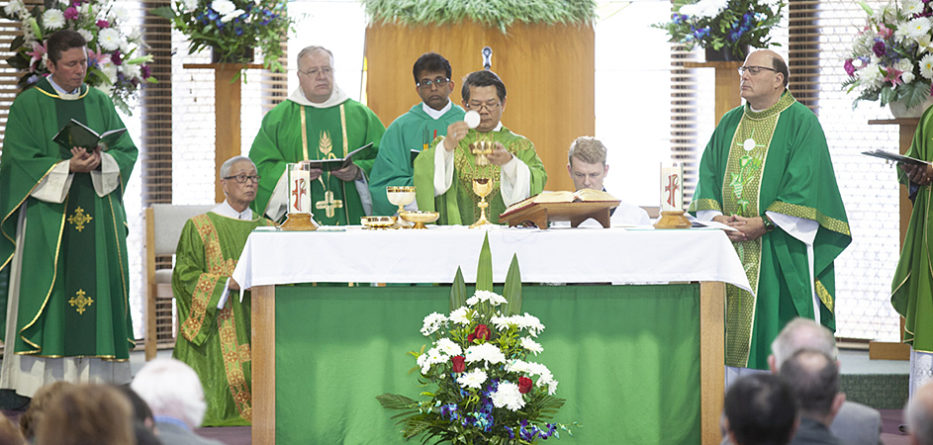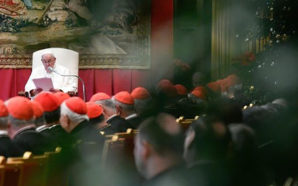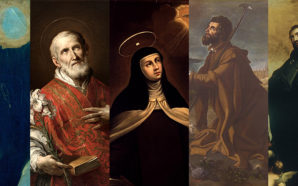Ordinary Time is the name the Church uses for those weeks outside the seasons of Advent, Christmastide, Lent and Eastertide. Debra Snoddy explains why it is much more than ‘ordinary’.
The longest section of Ordinary Time begins on the Monday after Pentecost, and can run for up to 27 weeks, depending on when Advent begins.
The General Norms of the Liturgical Year and the Calendar section 43 has an official description of this season:
Apart from those seasons having their own distinctive character, thirty-three or thirty-four weeks remain in the yearly cycle that do not celebrate a specific aspect of the mystery of Christ. Rather, especially on the Sundays, they are devoted to the mystery of Christ in all its aspects. This period is known as ‘Ordinary Time’.
After all the celebrations of the Seasons of Christ, Ordinary Time can feel a bit “blah”. But the liturgical colour for the season is green, the colour of life.
The word “ordinary” has Latin roots which mean “to bring to order”. By taking these two aspects together, Ordinary Time is an invitation from the Church to bring order to our lives, to re-orient ourselves so that we do not miss the real treasures that this season has to offer.
But why? To what purpose?
Not So Ordinary Time! Because it is so ordinary.
Our time is not spent in feasting – as in the Christmas and Easter seasons – or in fasting – as in Advent and Lent. We have time to reflect on our own life as a disciple in the light that only Christ can give; we have a chance to grow closer to Jesus and deepen our spiritual life.
It is a time to walk with Jesus through the Gospels so that our minds, hearts and souls are more and more conformed to the mind and will of Christ. This is one of the goals of Ordinary Time, which is represented by the final Sunday of the liturgical year, the Solemnity of Christ the King.
Another aspect of this ‘not so ordinary’ time is that we can acknowledge that we are truly loved by God. The readings from the Gospels, for this part of the liturgical year, delve more deeply into the mission and ministry of Jesus to humanity. This requires that we, in our turn, love God and love others.
One of the ways we show our love of God is by spending time in prayer and worship, particularly by participating in the Sunday Mass. Here, the Trinity come to us in a special way, through the gathering of the faithful, through God’s Word and especially through the Eucharist.
Nourished by the body and blood of Christ, we are then empowered to be Christ to others – to serve humanity, just as Jesus Christ came to serve us (Mark 10:45). Service requires us to be Christ to those around us, to make a difference by doing God’s good works (Matthew 25:35-40).
In so doing, we learn to live more authentically as a Christian. Enabled by God’s love, empowered by Christ’s sacrifice and enlivened by God’s Spirit, we are transformed – there is nothing ordinary about that!
However, the true power of the season is only unlocked if you live it.
Perhaps in the Ordinary Time, we may find the extra-ordinariness of the Trinity.
Dr Debra A Snoddy is a Lecturer in Biblical Studies at the Catholic Institute of Sydney.
This article was originally featured in the Ordinary Time/Winter 2021 Edition of the Catholic Outlook Magazine.








